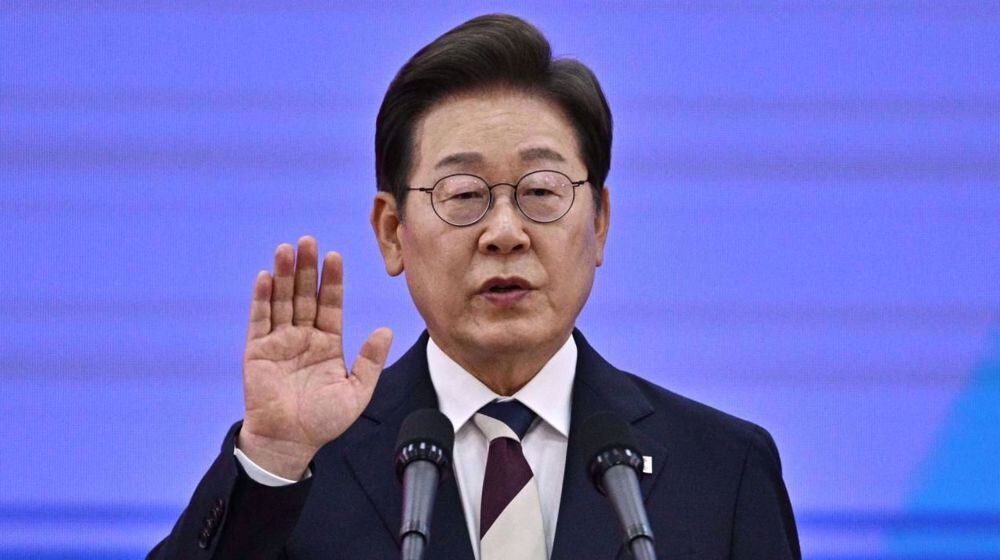
Similar Posts
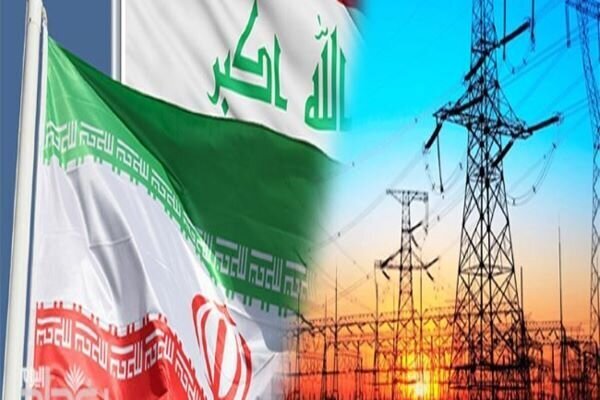
Iran’s Gas Imports at Risk: Iraq Sanctions Waiver Set to Expire on March 8
Iraq’s energy import dynamics, particularly concerning Iranian gas, are under scrutiny as the Ministry of Electricity has not received any official U.S. notification on halting these imports. This situation raises concerns about Iraq’s energy security amid potential U.S. sanctions on Iran. Iraqi officials are exploring alternative solutions, such as engaging with other suppliers, boosting domestic production, and negotiating new exemptions from sanctions. The reliance on Iranian gas is crucial for Iraq’s electricity infrastructure, complicating efforts to diversify energy sources. As geopolitical uncertainties persist, the Iraqi government must remain agile to ensure a steady energy supply.
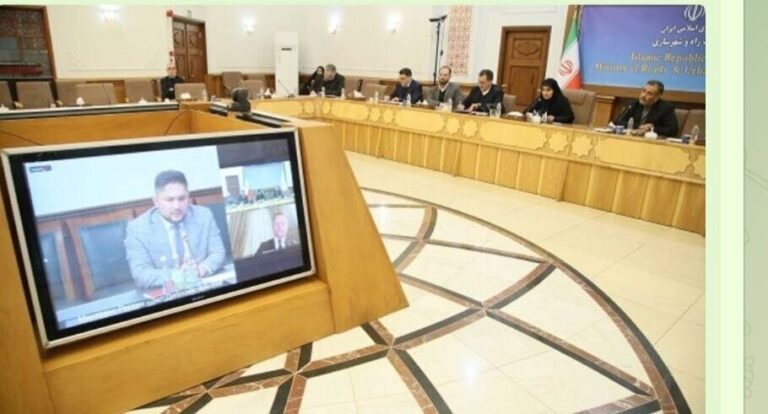
Iran and Russia Strengthen Ties: Key Agreements Signed on Road Infrastructure and Urban Development
A recent video conference between Iran’s Minister of Roads and Urban Development and Russia’s Minister of Transport advanced bilateral cooperation, focusing on upcoming agreements and Iranian President Masoud Pezeshkian’s visit to Moscow. Key topics included drafting a Memorandum of Understanding, creating a 2025 roadmap for collaboration, and discussing the Rasht-Astara railway project. Both ministers emphasized maximizing the eastern Caspian Sea’s potential and highlighted plans for a trilateral meeting with Azerbaijan. This meeting underscores the strategic importance of Iran-Russia ties in transportation and infrastructure, aiming to enhance trade and regional development through initiatives like the North-South corridor.
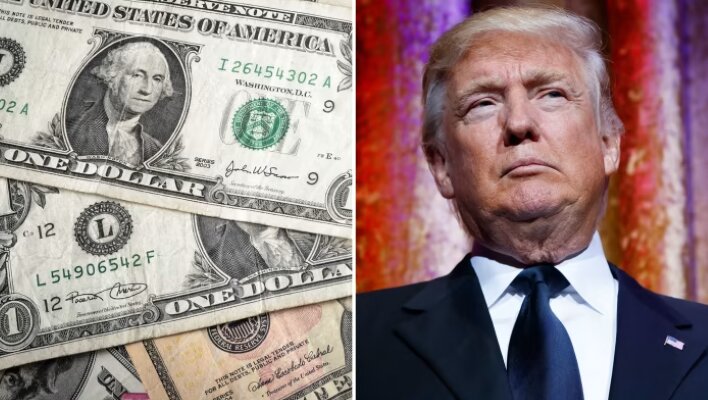
Trump Reveals Bold Move: Threatens BRICS Nations with Eye-Popping 150% Tariffs!
During a recent speech to the Republican Governors Association, former President Donald Trump expressed concerns about the BRICS nations—Brazil, Russia, India, China, and South Africa—seeking to challenge the U.S. dollar’s dominance by considering a new currency, possibly the Chinese yuan. He threatened to impose significant tariffs, stating, “any BRICS state that even mentions the destruction of the dollar will be charged a 150% tariff,” emphasizing the need to protect the dollar. Trump’s remarks highlight anxieties within the U.S. regarding the potential decline of the dollar’s status in global trade, raising questions about future trade relations with BRICS nations.
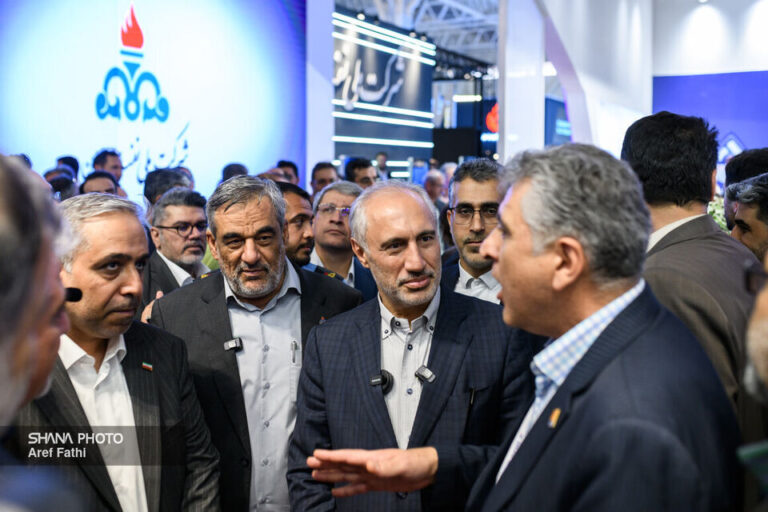
Iran’s Economy Thrives on Oil: Insights from PBO Chief
The head of Iran’s Plan and Budget Organization (PBO) has highlighted the oil, gas, refining, and petrochemical sectors as vital to the nation’s economy. These industries significantly contribute to GDP, job creation, technological advancement, and foreign currency generation. The government aims to enhance infrastructure, attract foreign investment, and promote R&D to modernize these sectors and reduce reliance on crude oil exports. Strategic initiatives include regulatory reforms and market diversification to improve competitiveness. The PBO head’s remarks indicate a focus on fostering growth and resilience in Iran’s economy, positioning these industries as key to the country’s financial future.
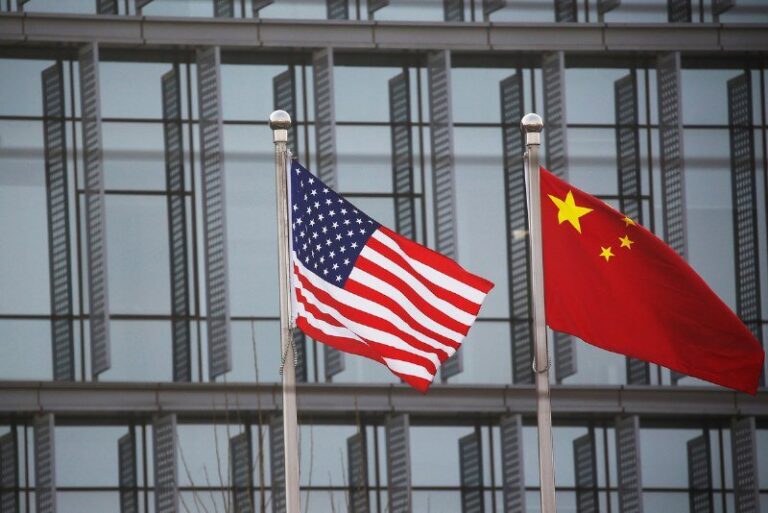
Beijing Issues Stark Warning Against ‘Appeasing’ US Amid Ongoing Tariff War
In a significant escalation of trade tensions, China has issued a stern warning about potential retaliatory measures against countries forming trade agreements with the U.S. that undermine its interests. The Chinese Ministry of Commerce condemned U.S. tariffs as “unilateral bullying” and indicated readiness to respond with countermeasures. As the trade war intensifies, other nations face economic uncertainty, increased tariffs, and potential shifts in global supply chains. Experts suggest the conflict may lead to a restructuring of trade alliances. The situation underscores the importance of diplomacy and collaboration to prevent further escalation and ensure mutual economic benefits.
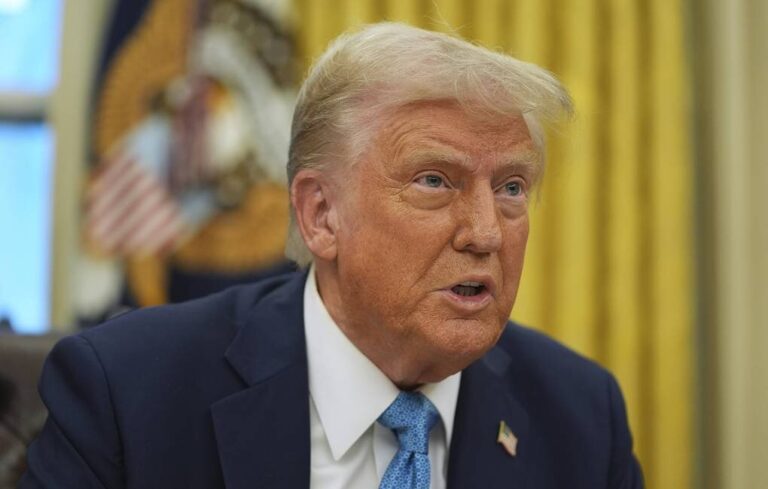
Trump’s March Metal Tariffs: No Exemptions Announced!
President Trump has announced a 25 percent tariff on all steel and aluminum imports, aimed at revitalizing American manufacturing and addressing perceived unfair international trade practices. During a White House press conference, he stressed the importance of domestic production for the nation’s future, declaring that American industries must return. The tariffs will apply universally, with no exemptions, as part of a broader strategy to strengthen the U.S. economy. While supporters see this as crucial for local manufacturers, critics warn of potential price increases and retaliatory actions from trade partners. The long-term effects on various industries remain to be seen.